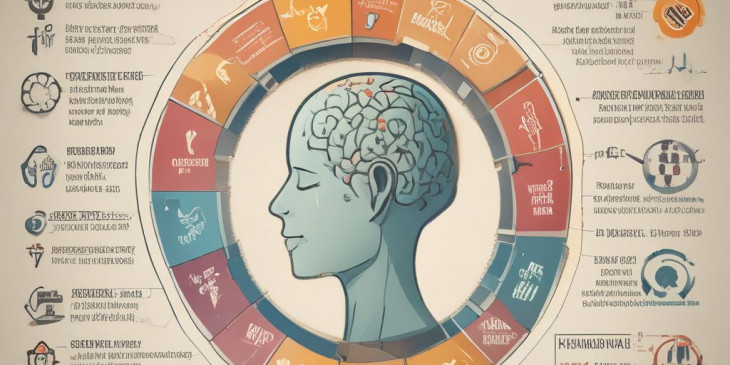Harnessing Emotional Intelligence: Key Strategies for Enhancing Workplace Relationships and Career Advancement
In the fast-paced and often stressful environment of modern workplaces, emotional intelligence (EI) has emerged as a crucial skill for professional success. With 2025 bringing new challenges and opportunities, understanding and harnessing emotional intelligence can significantly enhance workplace relationships and propel career advancement. This blog will explore key strategies to cultivate emotional intelligence and leverage it for your professional growth.
Understanding Emotional Intelligence
Emotional intelligence refers to the ability to recognize, understand, and manage our own emotions while also being able to recognize, understand, and influence the emotions of others. It comprises five key components:
- Self-awareness: Recognizing your emotions and their impact.
- Self-regulation: Managing your emotions in healthy ways.
- Motivation: Harnessing emotions to pursue goals.
- Empathy: Understanding others' emotions and perspectives.
- Social skills: Building and maintaining healthy relationships.
Key Strategies for Enhancing Emotional Intelligence
1. Develop Self-Awareness
Self-awareness is the cornerstone of emotional intelligence. To improve this skill, regularly reflect on your emotions and how they influence your behavior. Journaling or seeking feedback from trusted colleagues can provide insights into your emotional triggers and responses.
2. Practice Self-Regulation
Once you are aware of your emotions, the next step is to manage them effectively. Techniques such as mindfulness meditation, deep-breathing exercises, and cognitive restructuring can help you stay calm and composed, especially in high-stress situations.
3. Cultivate Empathy
Empathy allows you to connect with your colleagues on a deeper level. Practice active listening by giving your full attention during conversations and showing genuine interest in others' feelings and perspectives. This will not only improve relationships but also foster a supportive work environment.
4. Enhance Social Skills
Building strong relationships is essential for career advancement. Engage in team-building activities, network with colleagues, and communicate openly to enhance your interpersonal skills. Effective communication, conflict resolution, and collaboration are vital components of strong social skills.
5. Stay Motivated
Motivation plays a significant role in emotional intelligence. Set clear professional goals, seek challenges, and maintain a positive attitude, even in difficult situations. Surround yourself with motivated individuals who inspire and encourage you to strive for excellence.
Conclusion
In 2025, as workplaces continue to evolve, the importance of emotional intelligence cannot be overstated. By developing self-awareness, practicing self-regulation, cultivating empathy, enhancing social skills, and maintaining motivation, you can significantly improve workplace relationships and accelerate your career advancement. Invest in your emotional intelligence today, and watch as it transforms your professional journey.




Leave a Comment
To post comment, please